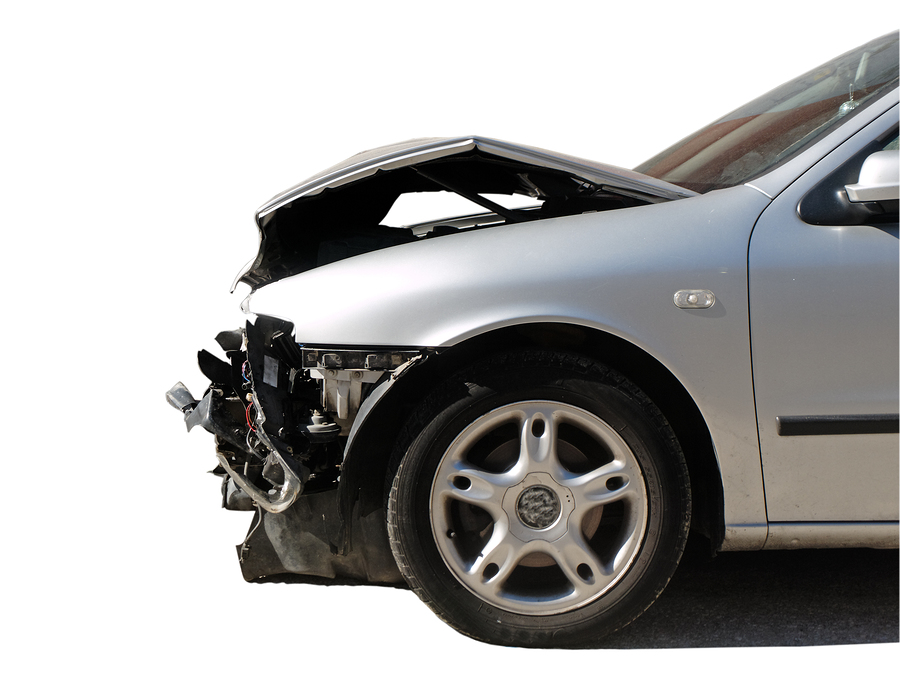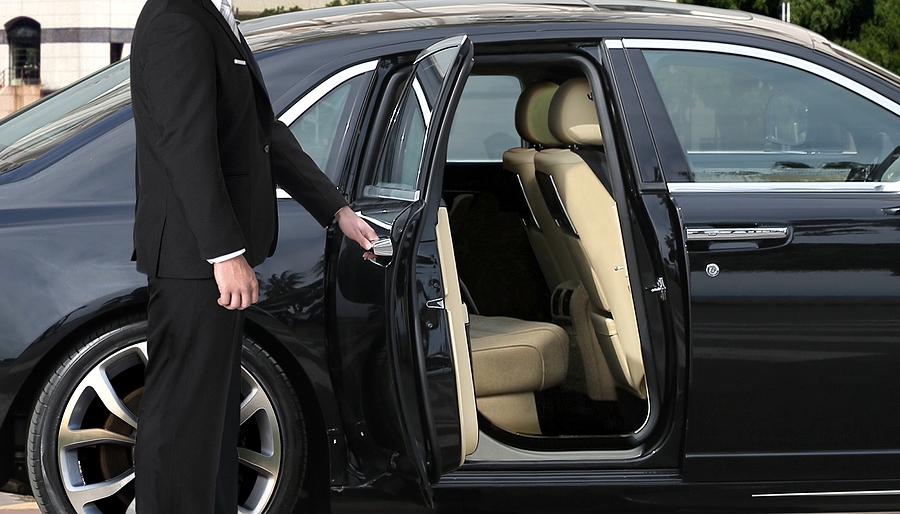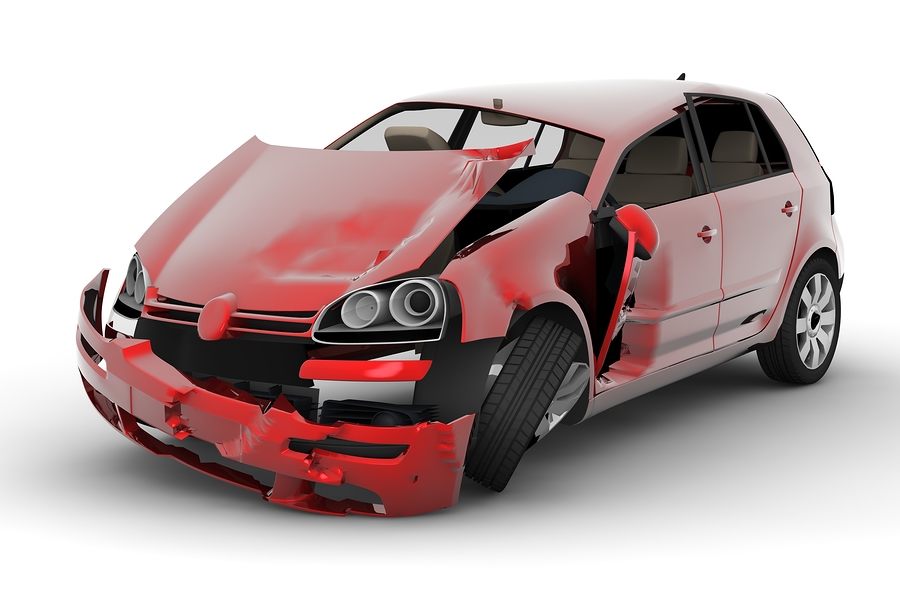Unfortunately, car accidents happen, even to the most careful of drivers. Being involved in any type of accident is likely to leave one feeling shocked, filled with adrenaline, sick, or altogether too dazed to think as rationally as normal. This is why it is so important to know the steps to take after an accident has occurred.
Knowing the below steps should help you stay calm, making the post-accident process as straightforward as possible and ensuring you are in the best position to fix any issue as quickly and effectively as possible.
- Turn Off the Car
As soon as you feel an incident has occurred, you must stop the car as soon as possible. The law states that ‘the driver of the motor vehicle must stop at the scene of an accident (this includes damage to a person, property or animal), regardless of the severity of the collision of who is to blame. Failure to do is punishable with a maximum sentence of six months’ imprisonment, you may also receive a fine.’
Once you have stopped, you are then required to turn your engine off and switch the hazard lights on.
- Check to See if Anyone is Hurt
It is best to determine if anyone has been injured immediately. If there is any concern at all for anyone’s health, it is best to call 999 for the police and the ambulance. If it is a minor incident and no parties are hurt, make a note of this to keep you protected against possible future claims.
If anyone has been hurt it is worth getting in contact with injury lawyers to ensure you have the best support possible.
If none is hurt but you are blocking the road or you think you might be the victim of a ‘crash for cash’ scam, it is recommended you call the police.
- Move to a safer area
If the cars are still operational, move them off the main road or onto the hard shoulder, and if uninjured, the drivers and passengers should leave the car. This will avoid an escalating situation, and enable both parties to assess the damages properly and safely.
- Exchange Details
The law requires those involved to share their names and addresses and their insurance details. Other information that is worth noting down includes the details of any passengers or witnesses of the accident and if the driver is the registered owner of the car.
- Other Helpful Information Worth Noting
Additional information that could prove useful is: the time and date of the crash, the make, model, colour, number plate of the other car (it is recommended to take photo documentation of this). In addition to the driving conditions and photographs of the scene.
- Reporting the Incident to Your Insurance Company
It is recommended that you report any accident to your insurance company as soon as possible, ideally right after the accident has happened. Perhaps even as you are waiting for the car towing company.
Regardless of whether you are choosing to make a claim, an insurance company needs to be informed of the circumstances in order for them to best protect you against any possible claims from the other party.
When calling your insurance company, you will need your policy number (or other information to verify your identity, such as postcode), the registration of the cars involved, the name, address, phone number and insurance details of the other driver.
Image Source: BigStock.com (licensed)
Related Categories: auto, Reviews








